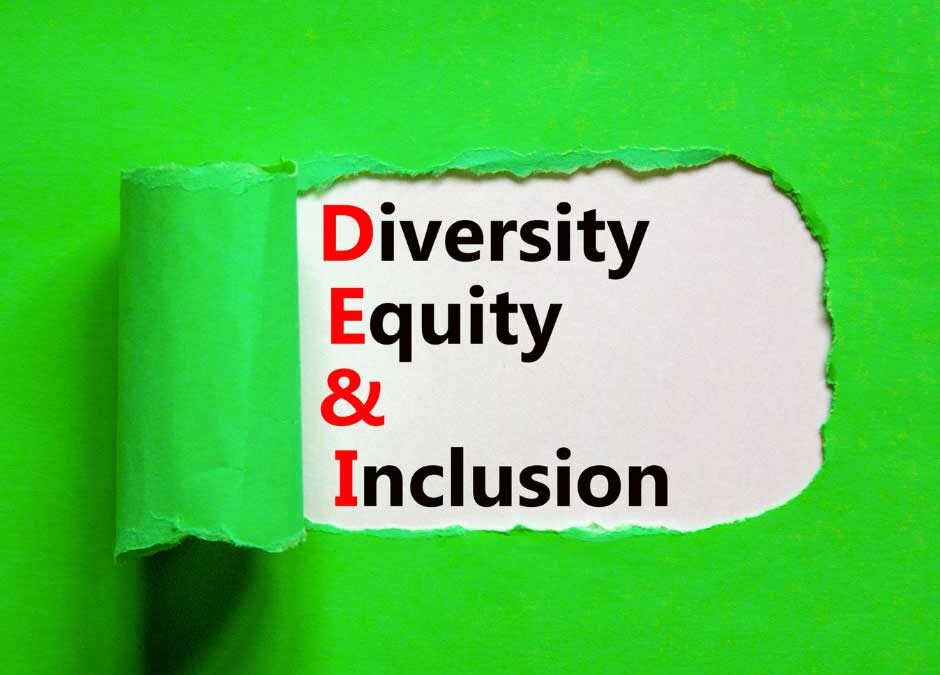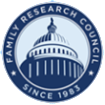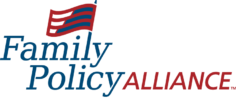Conservatives have come to expect companies like Target, Starbucks, and Disney to disavow traditional morals and push the woke agenda onto consumers. But surely, we’d like to think, nonprofits such as United Way are still focused on helping those in need and funding charitable institutions without ulterior motives. Unfortunately, that’s no longer the case.
Local chapters of United Way are beginning to ascribe to the Diversity, Equity, and Inclusion (DEI) agenda – which we know is about anything but treating people equitably and fairly. If you are not familiar with the DEI agenda, I would recommend watching this short video.
Through its equity agenda, DEI is attempting to “level the playing field” rather than increase opportunities for people. This is, at its root, a socialist idea. Unfortunately, this agenda has made its way into local chapters of the United Way – even here in South Dakota. The national United Way began this push, and their efforts can be seen in recent policies such as the requirement that local chapters “use race equity” when considering community investments.
The Sioux Empire United Way (SEUW) in Sioux Falls, SD has adopted a comprehensive “Equity Statement” which includes their DEI accomplishments and goals. They clearly state that their work will be guided by the “United Way Worldwide’s Diversity, Equity, and Inclusion framework”
Th SEUW has requested that potential grant recipients report demographics on the individuals they are serving. The SEUW explained that they will “increasingly rely” on “data disparities” when they make future investment decisions, and that they expect their agencies to be a part of making progress towards their DEI goals.
In addition, the SUEW reported that their Board of Directors has taken DEI training, as well as “Included metrics to measure diversity, equity, and inclusion progress with the funded application process.” This report has since been removed.
After uncovering these details and more, Harmony South Dakota, a local youth music nonprofit, has made the difficult decision to cut ties with the SEUW. Their primary reason for leaving was the requirements to collect gender identity information about students in order to receive grants.
The free after-school program for children in Sioux Falls has historically received over 80% of its funding from SEUW and will be losing out on possibly hundreds of thousands of dollars due to this decision, but at the end of the day, it’s a price co-founder Dan Goeller and his board of directors are willing to pay in order to protect the privacy of their students.
“I have to collect pronoun information,” Goeller said. “It’s insane… You want me to go ask all of my kids what their pronouns are? For most, I would have to explain to them what that even means.”
Numerous United Way local chapters across the country have been slowly and silently adopting the DEI agenda over the past several years. Even United Way’s national handbook describes racism as “A system of oppression exercised by the dominant racial group (Whites) over non-dominant racial groups (Black, Indigenous and other people of color), based on the socially constructed concept of race. It is a system of oppression created to justify a social, political and economic hierarchy initially constructed with White people at the top, Black and Indigenous people at the bottom, and other groups of people of color slotted in between. Racism is what happens at the intersection of race prejudice and power.”
It gets worse: in the glossary, equally ludicrous definitions are given for concepts such as “white supremacy” “microaggressions” “interpersonal oppression,” and more. Try as they might to deny affiliation with the DEI agenda, it is undeniable United Way has taken a step in the wrong direction.
In a recent letter to the editor published in the Dakota Scout, the SEUW responded to the recent news stories and stated that “No program has ever had their funding reduced nor has a program been denied funding because they did not track a specific data point.” The letter further claims that these requests for demographic information are simply a way to find out who is being helped.


